We are delighted to welcome two new members to the Expert Committee on Forest Science. From 1 June Dr Julie Urquhart joins as social science expert and Dr Eleanor Tew steps on board as Early Career Professional Observer.
Dr Julie Urquhart (pictured below) is an Associate Professor of Environmental Social Science at the Countryside and Community Research Institute, at the University of Gloucestershire. She has over 15 years’ experience researching sustainable resource management in forestry, fisheries and agriculture. Julie has a particular expertise in interdisciplinary working, bringing social science expertise to policy-related research. She sits on Defra’s Trees and Woodlands Scientific Advisory Group and is an Ambassador of the NERC, ESRC & AHRC funded Future of UK Treescapes Programme.
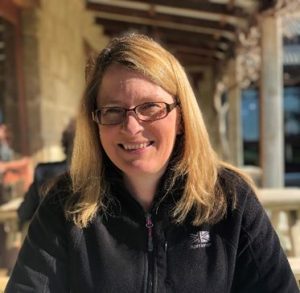
Dr Eleanor Tew (pictured below) is the national Natural Capital and Resilience Programme Manager for Forestry England. Her work focuses on the practical application of forest resilience and natural capital concepts, embedding these into day-to-day decision-making. Her academic background is in ecology, conservation and environmental economics, with a PhD from the University of Cambridge exploring natural capital optimisation in UK forestry. Eleanor is an Academic Visitor at the University of Cambridge, and has previously served as an Associate Editor of Conservation Science and Practice.
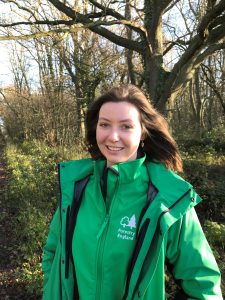
We give our thanks and best wishes for future endeavours to Professor Clive Potter (social science expert) and Andy Baker (Early Career Professional Observer), who will step down from the committee.
Recent News
View All news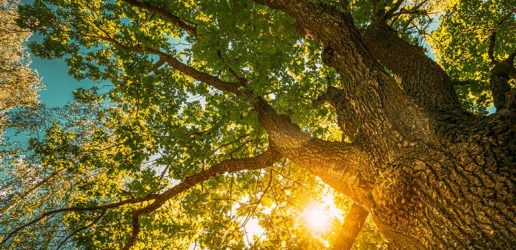
Woodland managers are invited to take part in a new project to protect the nation’s oaks
Join a webinar and in-person workshop to learn about monitoring and protecting oak trees.
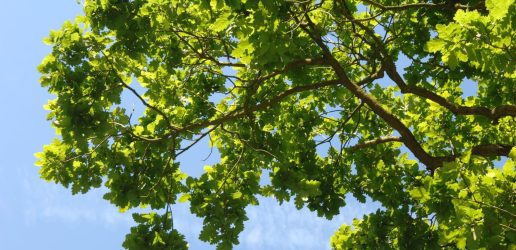
Webinar: Observing and understanding oak health across the UK
An online webinar launching a new, practical oak-health monitoring system for woodland managers and volunteers across the UK.
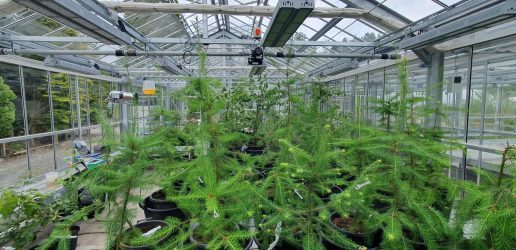
Webinar: Understanding drought risk for UK woodland creation and forestry
Hear about new research on how rising drought risk is reshaping UK forestry and the tools being developed to support climate‑smart woodland creation.

Woodland managers are invited to take part in a new project to protect the nation’s oaks
Join a webinar and in-person workshop to learn about monitoring and protecting oak trees.

Webinar: Observing and understanding oak health across the UK
An online webinar launching a new, practical oak-health monitoring system for woodland managers and volunteers across the UK.

Webinar: Understanding drought risk for UK woodland creation and forestry
Hear about new research on how rising drought risk is reshaping UK forestry and the tools being developed to support climate‑smart woodland creation.
